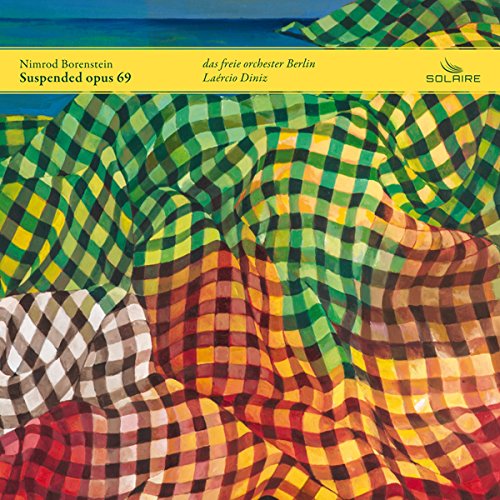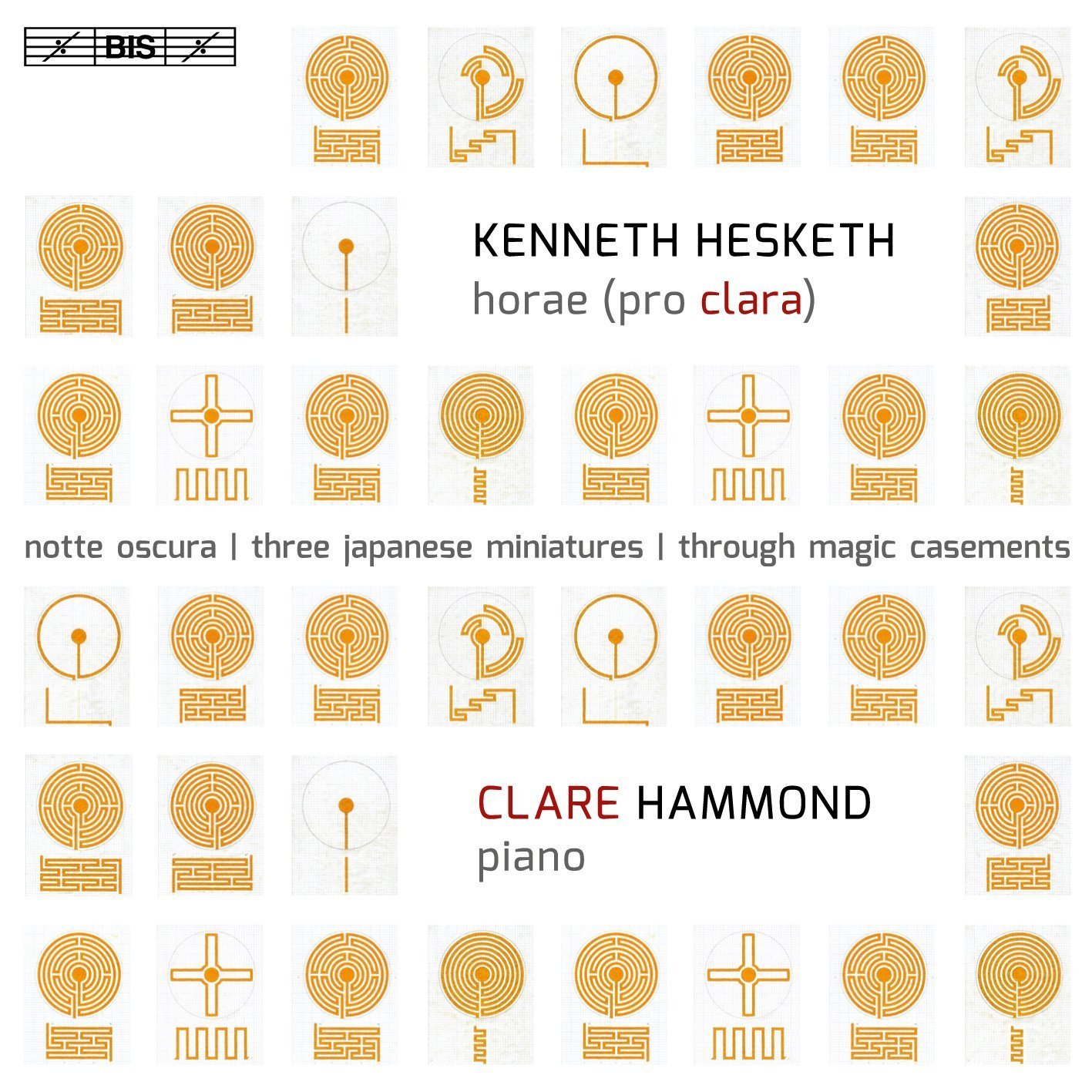Nothing galvanises an audience quite like physical risk. As soprano Sarah Tynan rose on a hoop into the darkness, intoning the final words of "Départ" from Britten's song cycle Les Illuminations, you could almost hear her heart race. Beneath, a troupe of circus performers held the rope – and her life – in their hands.

 Nimrod Borenstein: Suspended opus 69 das freie orchester Berlin/Laércio Diniz (Solaire Records)
Nimrod Borenstein: Suspended opus 69 das freie orchester Berlin/Laércio Diniz (Solaire Records)

If you needed further proof of the intelligence, the thoughtfulness of Daniil Trifonov’s musicianship, the programme for his four-concert residency at the Wigmore Hall would go a long way towards providing it. How many young soloists of Trifonov’s standing would choose to turn song-accompanist for an evening of lieder? And how many, having done so, would deliver so generous and self-effacing a performance?

 Bach: Goldberg Variations Bassoon Consort Frankfurt (MDG)
Bach: Goldberg Variations Bassoon Consort Frankfurt (MDG)

I had been looking forward to last night's concert since it was first announced over a year ago. For a Stravinsky nut the chance to hear pieces whose live performances are vanishingly rare was not one to be missed. And it turns out there are enough other fans of austere late Stravinsky to sell out St John’s Smith Square, which proved a very suitable venue for this programme.

“Our Shakespeare” is the name of the CBSO’s current season. They're making the same point that Ben Elton makes slightly less subtly in Upstart Crow: that Shakespeare was basically a Brummie. And by implication, that four centuries of musical Bardolatory, from Purcell’s The Fairy Queen to Verdi’s Falstaff, is all on some level Made in Birmingham. Falstaff, conducted by Edward Gardner, is coming next month; the usual Shakespearean warhorses (Prokofiev, Walton, Tchaikovsky) have already been despatched.

Anger and fear in Elgar, introspection in middle-period Beethoven: these are undervalued qualities in each composer’s music. Yet such moods were vividly present in two hyper-nuanced interpretations last night. It was easy to believe that no other solo violinist in the world today strikes a finer balance between sweet tone in the upper register and overall strength than Nikolaj Znaider; and on this evidence it sounded as if Antonio Pappano, a perfect concerto partner and a master of symphonic light and shade, might have made an even better choice of LSO Music Director than Simon Rattle.

 Kenneth Hesketh: horae (pro clara) Clare Hammond (piano) (BIS)
Kenneth Hesketh: horae (pro clara) Clare Hammond (piano) (BIS)

This programme looked like a non-starter on paper, a long sequence of short Bartók dance settings, followed by a second half that was dominated by works for children from Bartók and Kurtág. But it worked, largely thanks to Cédric Tiberghien’s conviction in these short works and his ability to make imposing and decisive statements with a minimum of musical material.

A quick plot summary might be required here, because how this programme of Schubert, Pergolesi and Webern came into being was far from obvious. Two young soloists, one a violinist in her late twenties, one a singer in her early thirties, both born in Swabia (part of Bavaria), share the same agent and wanted to do a project together. So they are currently on an eight-date concert tour of five European countries. Their company for this journey is a team including some of the elite and most experienced European players of chamber music. And the consequences were...

